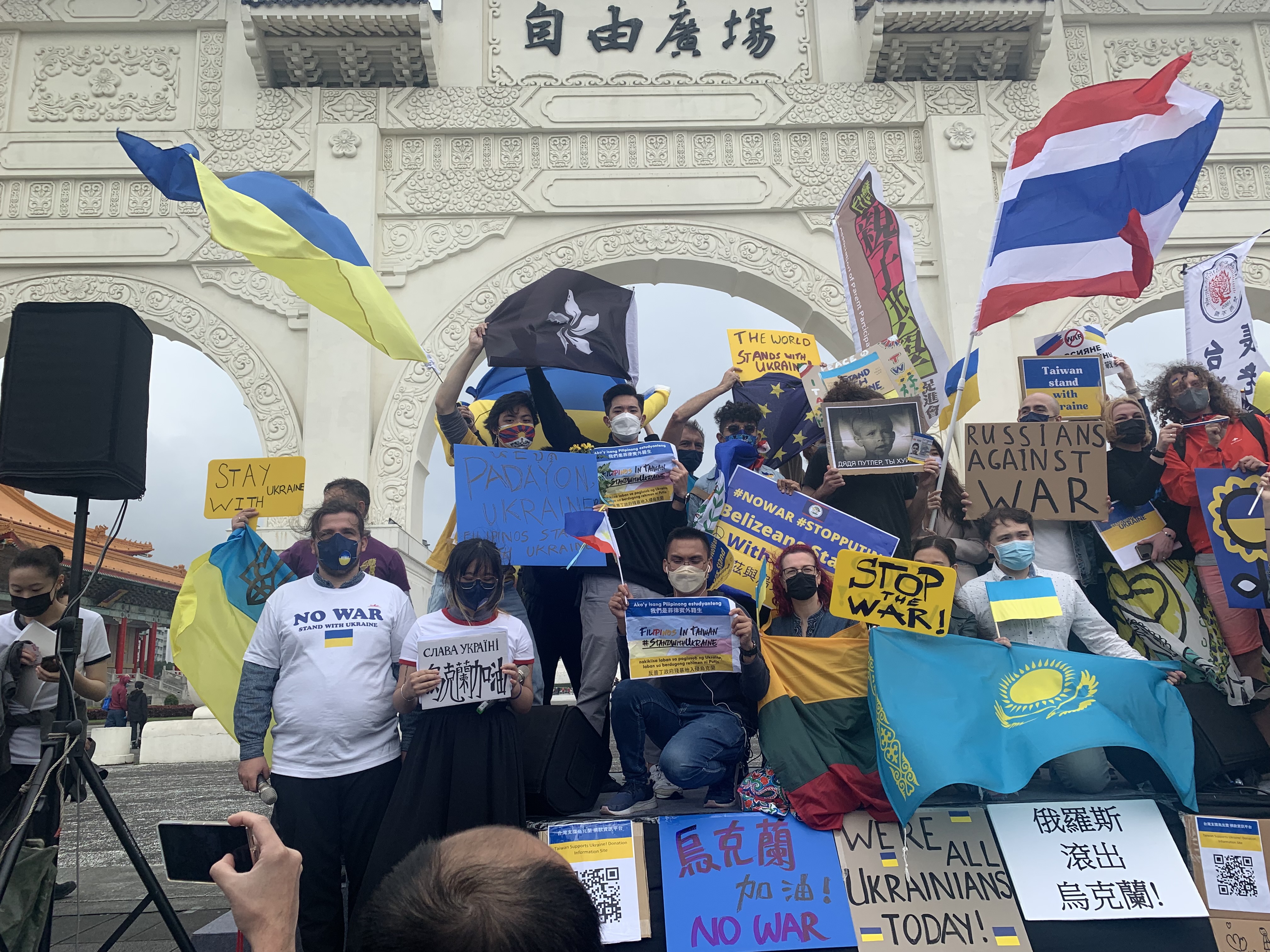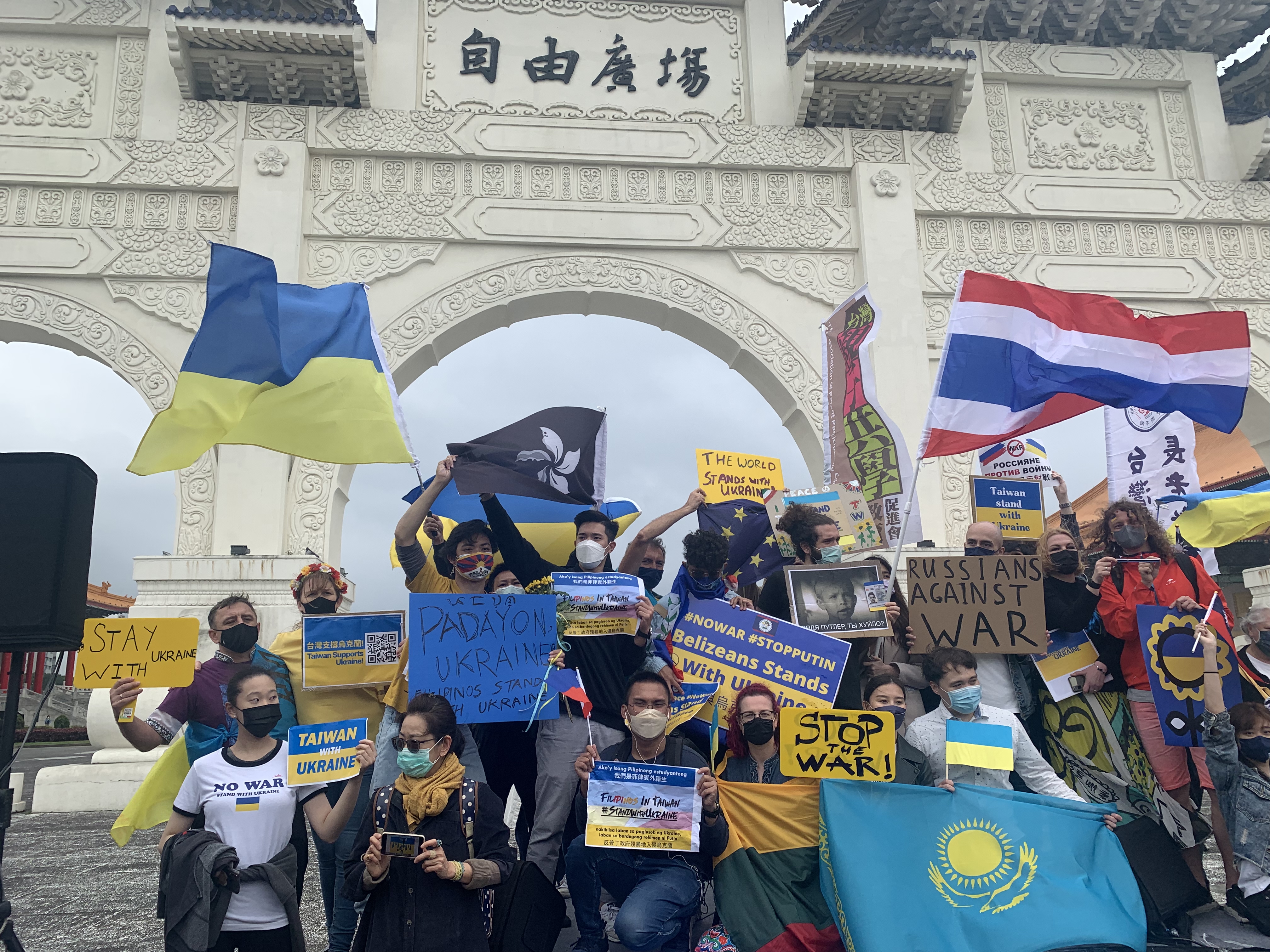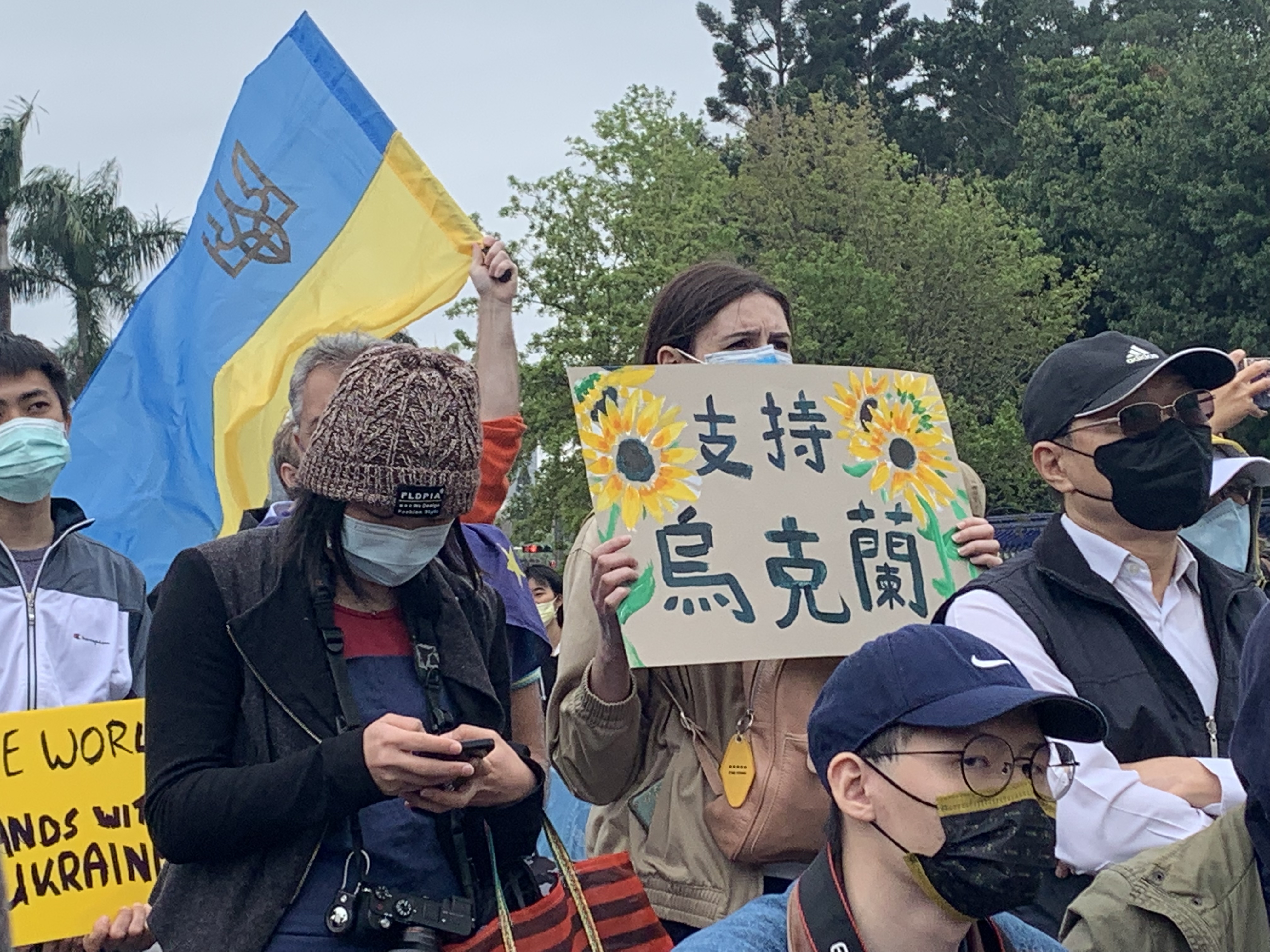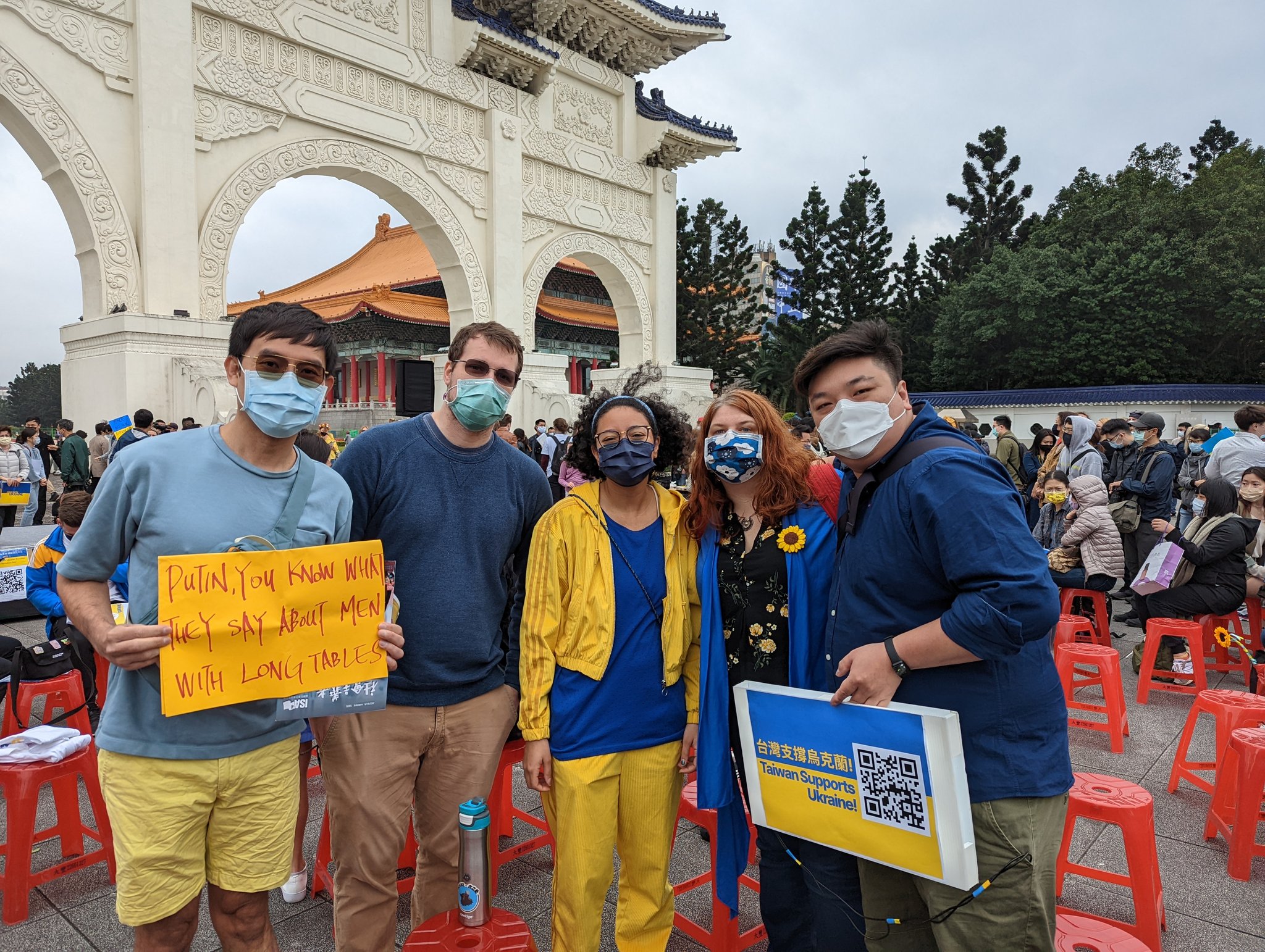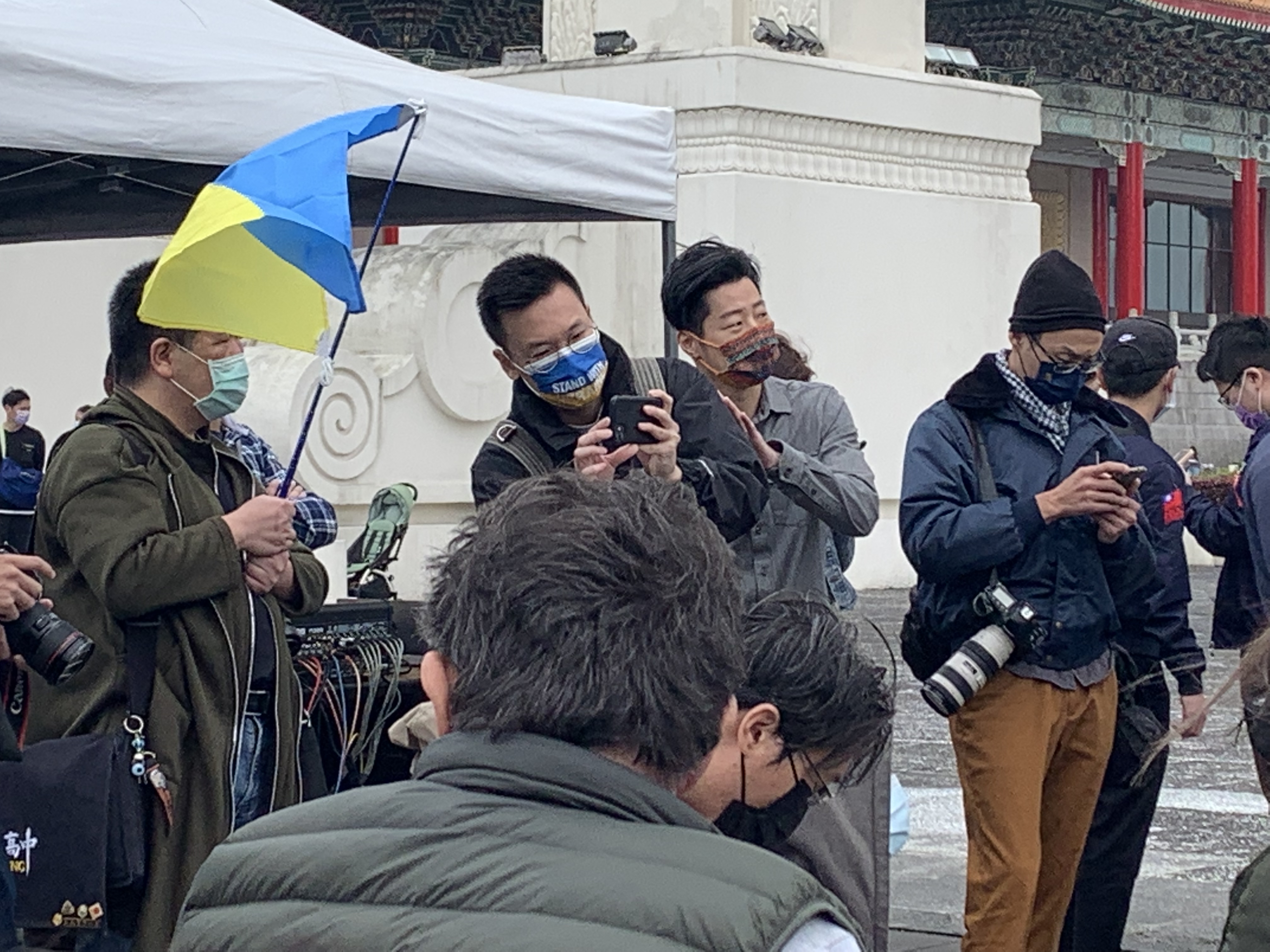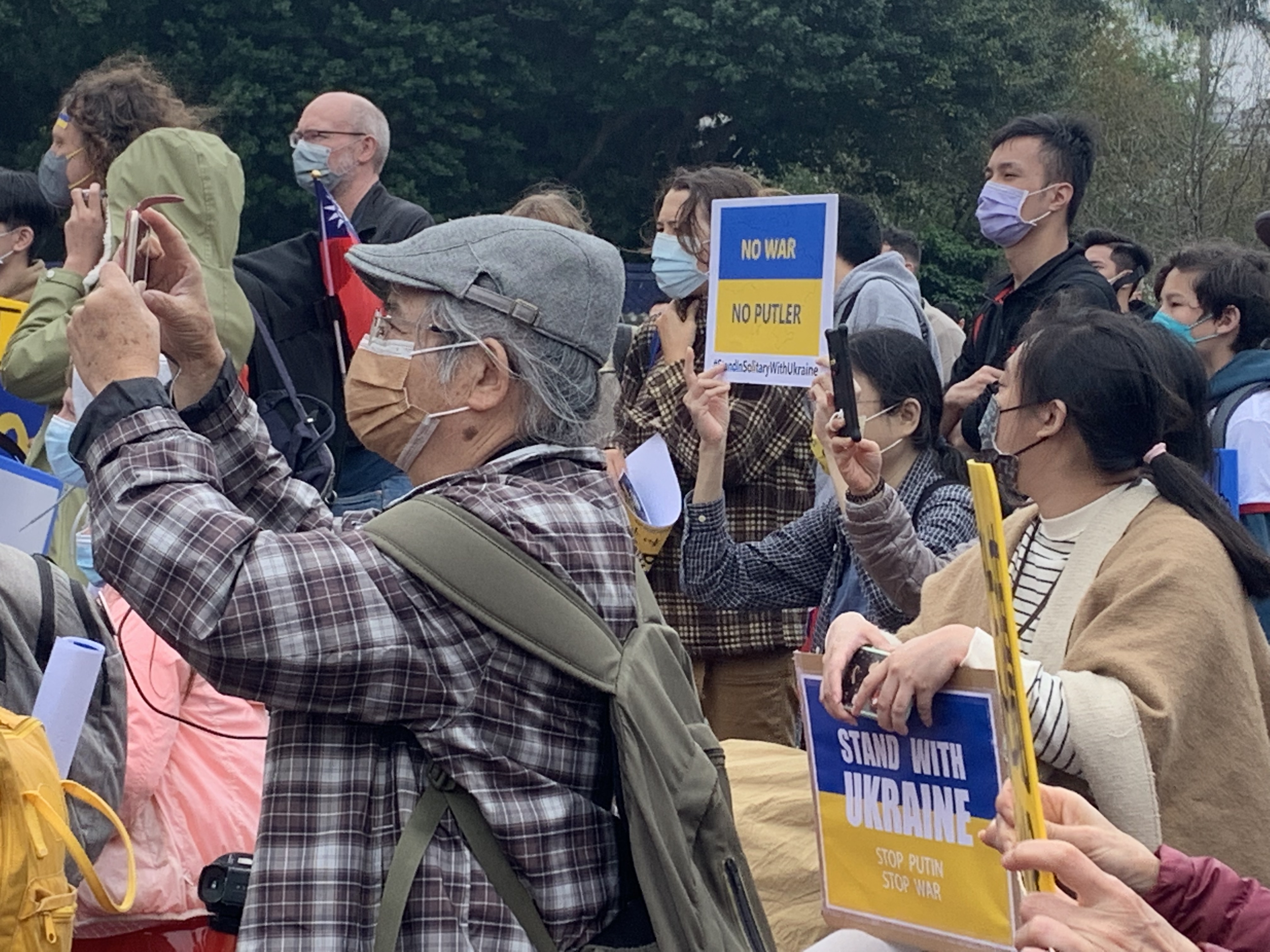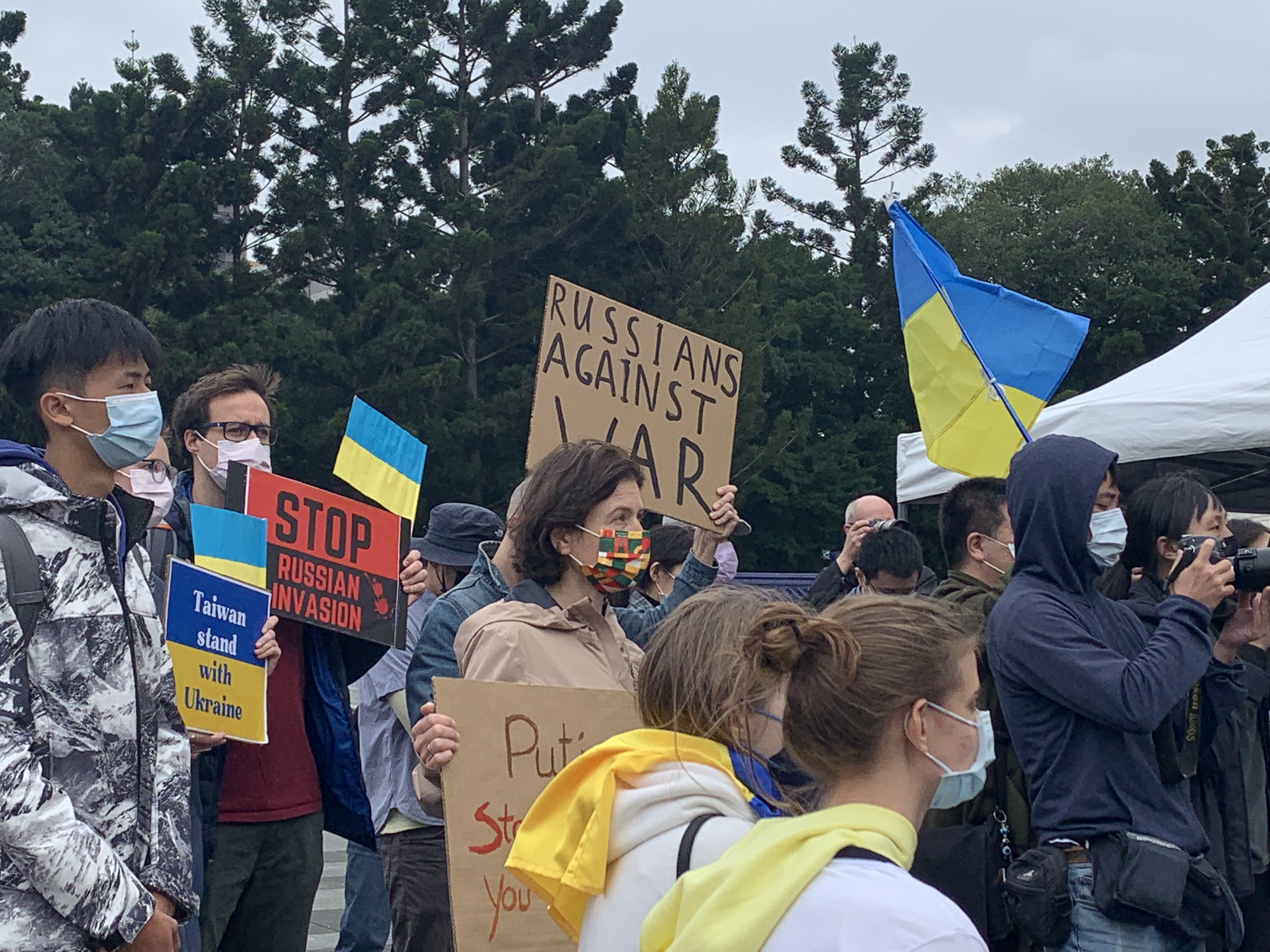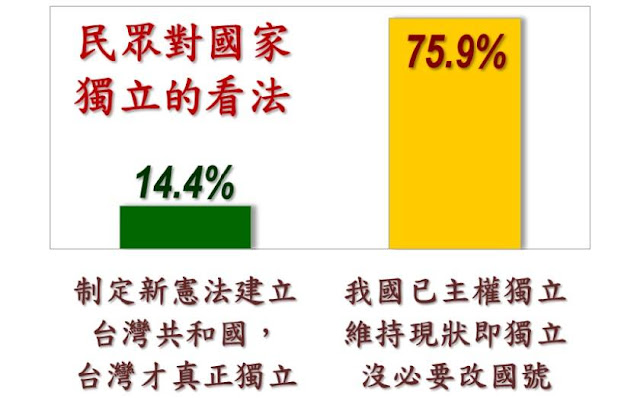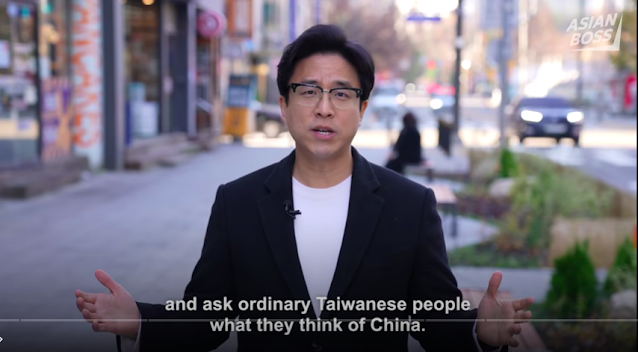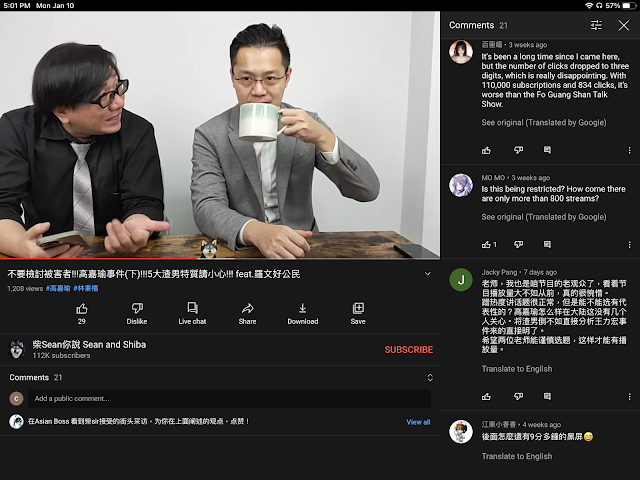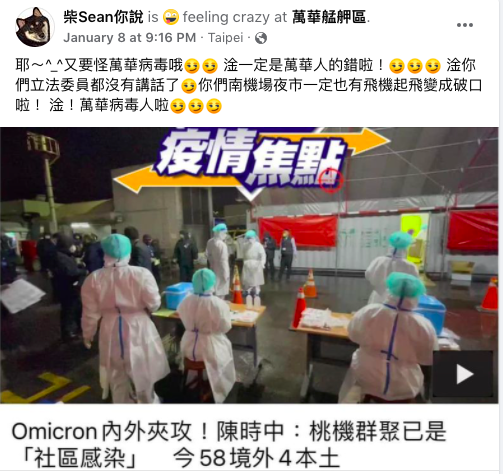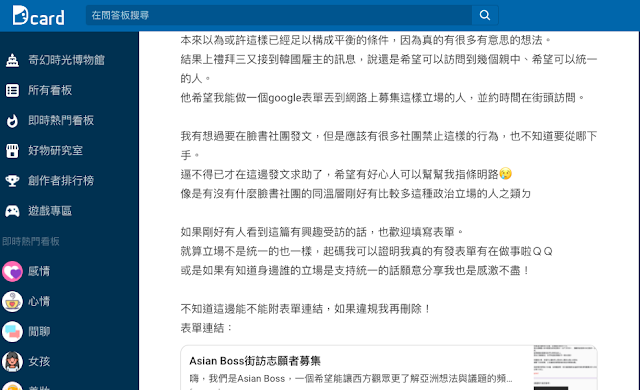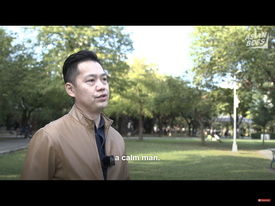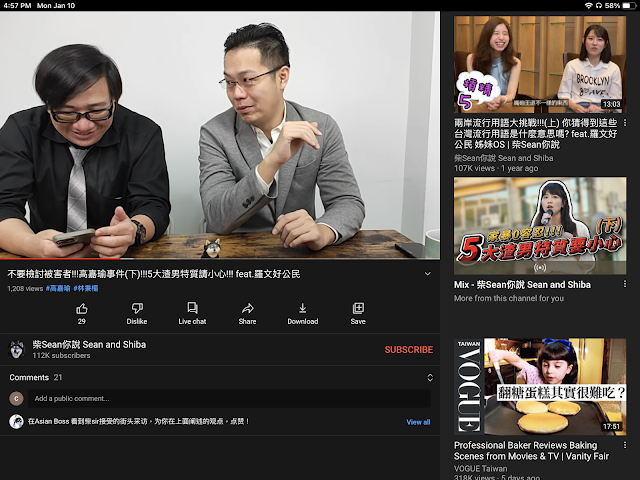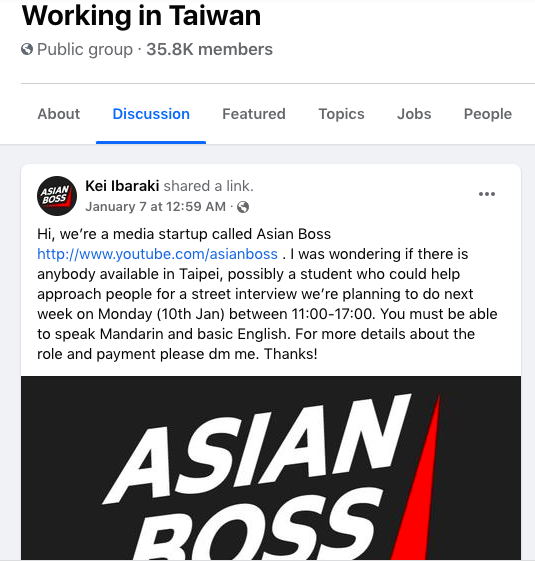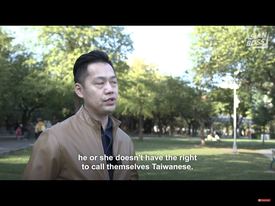I apologize for being away so long — honestly, I just needed a break and thus took one. I’ve had a heavy workload and have needed to care for my health.
Also, a bit of a content warning. I start with a vivid analogy that involves children and murder. If that’s something you don’t think you can handle, go ahead and skip this post.
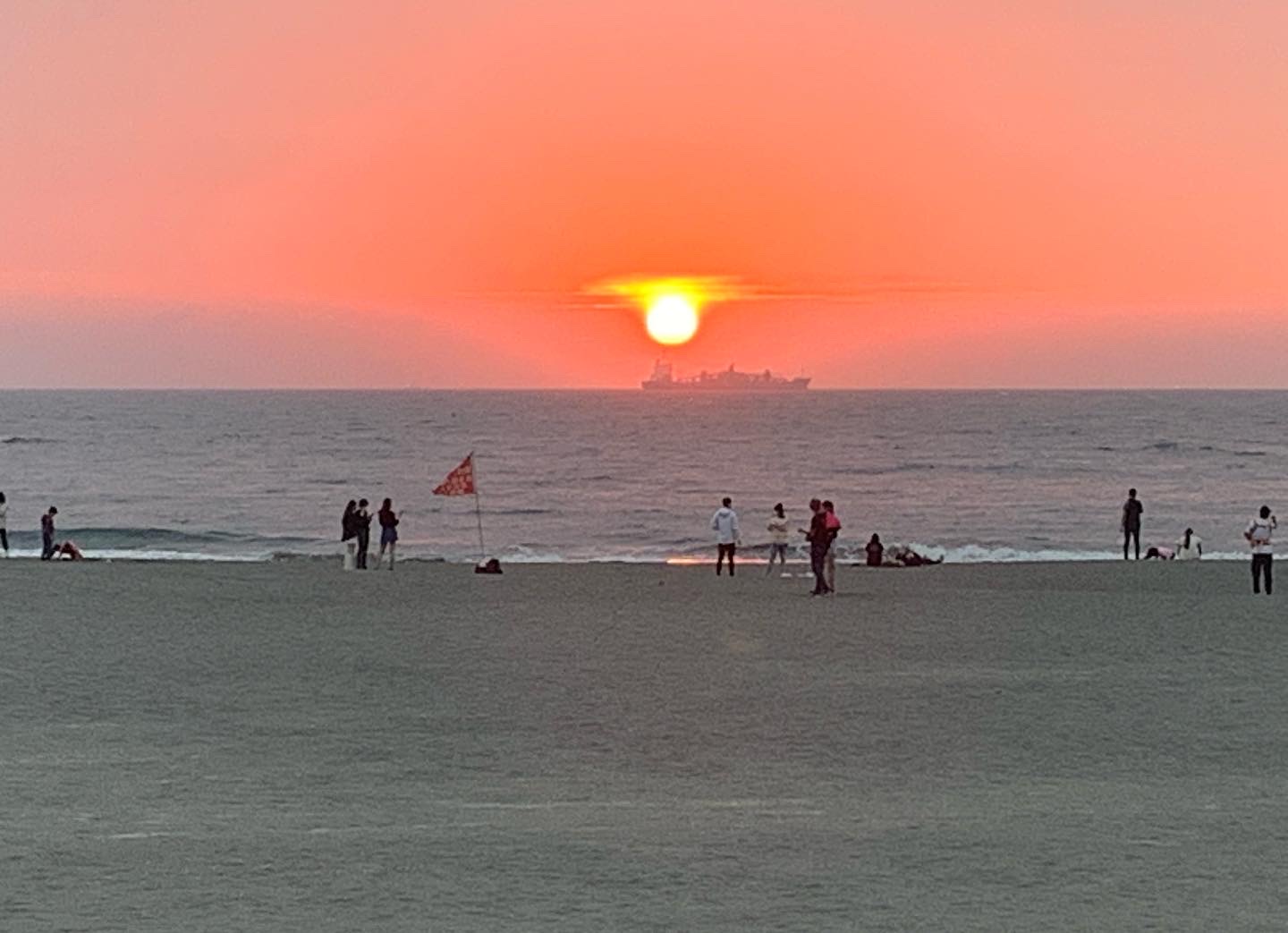
Imagine if a murderer had your baby but for whatever reason, couldn’t or wouldn’t kill the baby immediately. Maybe someone else is standing between them and their weapon.
Suppose this baby murderer proposed a series of “compromises”, each more preposterous than the last, but every “compromise” involved them getting to kill your baby.
For instance, “how about I kill your baby, but in 20 years instead of now, so you can prepare for your child being murdered?”
Or “I’ll give you lots of money, a new driveway and a great job, if I get to kill your baby.”
“How about I start the process of killing your baby, but really slowly so you can get used to watching your baby die?”
“No? How about I come live in your house, take over your baby’s education and set their social schedule, and in exchange I will delay the decision of exactly how to murder your baby? However, the baby will indeed be murdered at some undefined point in the future.”
“Okay, okay, you can make decisions about your baby’s education unless I disagree with your choices, and I’ll occupy your living room and kitchen. You can keep a bedroom to yourself, and even decorate it as long as I approve of the decorations. At some point, we'll figure out how to murder your baby together. These discussions on the best course of baby murder will take place with me holding a gun to your head.”
Their friends and hired goons would come by to bully and gaslight you, trying to make you think these were all reasonable offers. People claiming to be your friends would sidle up and say “maybe you should hear him out, there are lots of ways you could still keep a lot of your life as it is if you just let him do a wee bit o’ baby murder!” You don't tell these bad "friends" off because you're hoping some of them might eventually come around to realizing baby murder is wrong.
Would you sit down to a long, stressful, traumatic negotiation with the baby murderer about under what conditions you’d allow him to murder your baby?
Or would you tell him to piss off, and fight for your baby’s life?
Yes, I realize I am calling the Chinese government a bunch of baby murderers here, but to be honest, I think that’s both literally and figuratively true.
What’s my point?
Pretty much every “solution” proposed to the Taiwan-China conflict is some variation on this theme — trying to find ways to make murdering what Taiwan holds most dear (its sovereignty, liberal democracy, and extant albeit imperfect commitment to human rights and freedoms) somehow more palatable to Taiwan, while offering little or nothing in return. They always center what China wants and never seem to view the situation from Taiwan’s perspective.
And all of them — every single time — are variations on the same two themes. Extortion, and One Country Two Systems. That is, baby murder and slow baby murder. Baby murder, but with more steps.
None of them ever consider that maybe one of the parties involved simply doesn’t want the other to murder their baby.
Consider, for example, the utterly infuriating Chas Freeman take in The Economist:
In contrast, a diplomat and lead translator for the Nixon delegation, Chas Freeman, argues that America frittered away opportunities created in 1972 for a peaceful accommodation between Taiwan and the mainland. He urges America to push Taiwan to negotiate a settlement now, to avoid a war, though he concedes that Chinese rulers would roll back some democratic freedoms in Taiwan. “The most likely course of events is tragic,” Mr Freeman says.
I'm not sure this is a recent point -- his general buffoonery dates back quite a ways -- but it was in something published recently, so let's use it as a jumping off point.
This amounts to nothing more than “nice country you got there, shame if something were to happen to it” — that is, extortion.
In other words, here's what Chas is saying: yes, it’s true that China will at least maim your baby and might even murder it, but if you don’t let them, they could burn down your house!
Once again, the idea is that Taiwan gives China its most valued treasure, and gets nothing it wants in return. It only avoids something bad, by agreeing to something worse.
“Give us your stuff in exchange for fewer beatings” is not diplomacy. It is extortion. “Let us murder your baby in exchange for not burning down your house” is inhumane.
Freeman and lot of people like him don’t seem to realize that the things Taiwan holds most dear — democracy, human rights (however imperfectly implemented), sovereignty — are exactly the things China wants from Taiwan, and exactly the things Taiwan can never bargain away.
This approach has another flaw — it avoids just one bad thing: war, the most visible of bad things. Other things, the loss of which are arguably worse than war, don't seem to rate. Maybe people like Chas Freeman don't care because they'll never notice or feel the effects: after all, it won't be their baby missing from their house. Perhaps it's easier to bargain away the life of someone else's baby?
It assumes that losing one's democratic freedoms is preferable to a war, if the people losing those freedoms don't include you. I'm anti-war, but I don't quite agree with that (not that I get a say). War is the second most tragic outcome. Y'know, I'd do anything for peace, but I won't do that.
I guess human rights don’t mean much to these people if it’s not their human rights on the line. Would most Americans fight for their human rights? I hope so, but a lot of people seem to think Taiwanese shouldn’t. Why?
In the end, none of these incredibly naive “solutions” that involve China getting what it wants but Taiwan not getting anything it wants are simply not solutions. They are gangland-style theft. "Discussion" at gunpoint. Negotiating with baby murderers. They are not diplomacy.
Similarly, the Twitter Dingus genus of solutions all seem to sound like variations on the exact thing Taiwan has already said it cannot accept: One Country Two Systems (1C2S).
There’s “Taiwan runs its internal affairs for 100 years” — but see how well that worked out for Hong Kong. Is it really a good bet that China will be better in 100 years? And if Taiwan doesn’t want to be part of China now, why assume it will want to in a century?
There’s “Taiwan can run its government and economy, China gets foreign policy, defense and education” — so Taiwan is stripped of any way to defend itself against China if it realizes it signed a bad deal, and China gets to implement patriotic pro-China education in Taiwan schools. There’s “some portion of Taiwan’s government can be elected, some appointed by China” — a power-sharing plan that worked out terribly in Hong Kong, allowing China to eventually allow “patriots only” to run in the few Hong Kong elections that remained, and then lie about the reasons for low voter turnout.
In every one of these, China gains, Taiwan loses. 1C2S with details changed. Baby murder, but with more steps.
Every proposal ends with asking Taiwan to let China murder its baby. None of them start with Taiwan’s non-negotiable: the baby lives. None of them stop to ask whether it’s ethical to negotiate with baby murderers at all.
I’m not exaggerating. I don’t think it’s hyperbole. People fight and die for these things. They matter.
That’s the other real problem: other than not starting a war, China doesn’t actually have anything to offer Taiwan, and cannot offer Taiwan the only thing that matters.
Let’s leave aside the graphic metaphor for a second.
Taiwan honestly is doing just fine without China. That doesn’t mean Taiwan is a utopia, and surely if stronger economic cooperation with China without the constant threat of annexation were possible, there would be benefits. However, those benefits — in part or in sum — are not enough to negotiate away what is most dear. I'm not sure anything is, but certainly nothing China has on offer.
Many of these issues (e.g. trade) can be solved either through greater engagement with the rest of the world or negotiating with China on a country-to-country basis, just as every other country handles them.
Even with no benefits on offer, perhaps discussion would be possible if it met other criteria: a desire for unification on the part of Taiwan, and a commitment to peaceful discussion with a renunciation of the use of force by China. China, of course, would have to have a government one would actually want to work with: open, liberal, democratic.
None of these conditions exist, and likely won’t in our lifetimes, if ever. There is no desire for unification in Taiwan, only a desire to avoid war. In the last election the pro-China guy had to say “over my dead body!” when asked about 1C2S. That guy lost -- even this couldn't save him from being seen as too friendly with the CCP.
You might wonder why, then, the old US solutions referenced “Chinese on both sides of the Strait” believing there is “one China” are still bandied about, why the name “Republic of China” still exists, or why Taiwanese, in some (poorly interpreted) polls, don’t say that they want independence. That’s a whole new post, but I’ll address the first. In the 1970s, the KMT dictatorship running Taiwan didn’t represent the people, and a lot has changed here in terms of democratization and identity. The old talk about what “both sides” believed simply no longer applies, because Taiwanese no longer believe it (if they ever did, which is hard to know as nobody asked them in 1972.)
China, of course, has not renounced the use of force. Perhaps they know they have no carrots, so they can only brandish a stick.
And, of course, the Chinese government is horrible and you’d have to be literally out of your mind to want to be governed by a bunch of genocidaires. Entire generations have passed waiting for that to change. It may happen, but likely not. I certainly wouldn’t pen an agreement betting on it in a certain timeframe. Hong Kong (well, their former colonizers, when handing it over to their current colonizers) bet on that and lost.
It’s been said a million times but I suppose it needs to be repeated: the core problem between Taiwan and China is that Taiwan does not want unification, and China does.
Every proposed solution seems to entail some form of unification, despite that being non-negotiable to Taiwan. China's desires always seem to be centered, Taiwan expected to accept marginalization, when the CCP are the baby murderers and Taiwan wants peace.
Instead of thinking of what a good solution would look like for Taiwan (hint: it would involve ironclad and perpetual sovereignty — basically, independence) and going from there, these wannabe diplomats take China’s baby murder proposal and try to figure out how to gaslight Taiwan into believing it’s a good deal.
But Taiwan knows better, and knows the value of its sovereignty and democracy.
So stop trying to convince them to take China’s bad offers, when there’s nothing in it for them and they’re perfectly aware these offers don’t Taiwan’s best interests into consideration.
How about this? Everyone just go ahead and shut the fuck up with their inane “solutions” to the Taiwan-China problem until their chief concern is helping Taiwan defend the life of its baby, not figuring out how to accommodate those who want to murder it.
